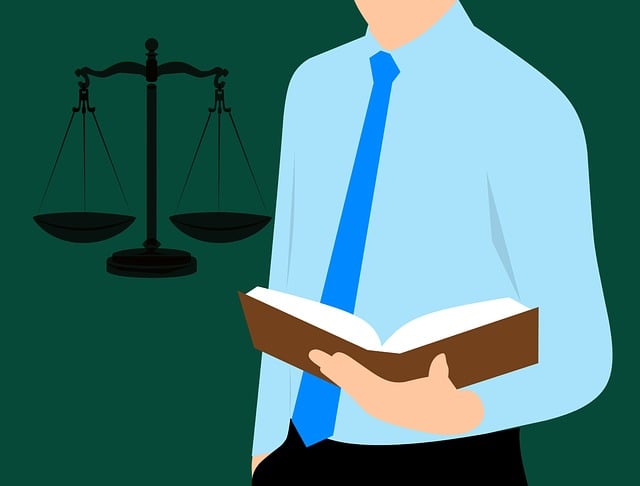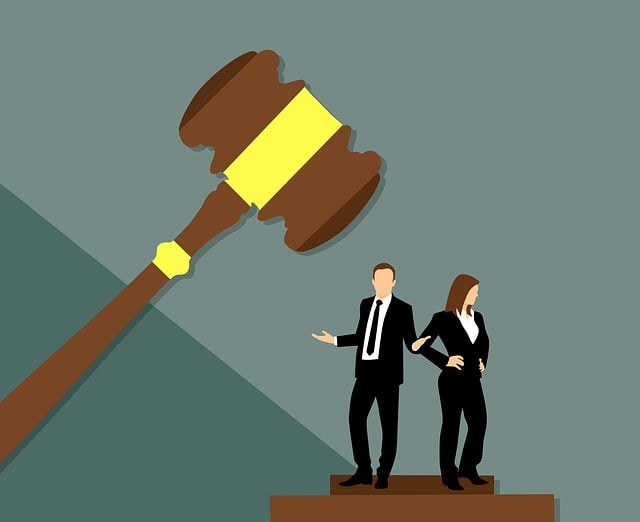Understanding Criminal Procedure Law Basics is paramount in addressing white-collar and economic crimes, especially financial fraud. This legal framework guides investigations and prosecutions, ensuring fair procedures from evidence gathering to court proceedings. In financial cases, where detailed documentation is key, it protects both the accused's rights and victims' interests. Knowledge of these principles is vital for the accused and legal professionals, influencing the outcome and potentially leading to charge dismissal. Recognizing common fraud schemes requires understanding criminal procedure law to identify red flags and empower individuals to protect their assets.
“Uncovering and addressing fraudulent financial practices is a complex task, often relying on a robust understanding of criminal procedure law. This article provides an in-depth exploration of the legal framework surrounding financial crimes, including the basics of criminal procedure and its pivotal role in fraud cases. We delve into identifying various forms of financial fraud, from insider trading to money laundering, and discuss red flags that may indicate suspicious activity. Additionally, we outline the investigation process, highlight key agencies, and explore defense strategies for those facing fraud charges, emphasizing the importance of legal counsel.”
- The Legal Framework: Criminal Procedure Law Basics
- – Definition of criminal procedure law and its significance in fraud cases.
- – Key principles and rights of the accused under this law.
- Identifying Fraudulent Financial Practices
The Legal Framework: Criminal Procedure Law Basics

Understanding Criminal Procedure Law Basics is essential when navigating cases involving white collar and economic crimes. This legal framework provides a structured approach to investigating and prosecuting these complex offenses, which often span across different entities and individuals, including corporate and individual clients. The process begins with an investigation conducted by law enforcement agencies, who gather evidence and build a case based on the available facts. Once sufficient evidence is collected, authorities may opt for various legal actions, such as issuing subpoenas or arresting suspects, depending on the severity of the crime.
The general criminal defense strategy plays a critical role in these cases, as it challenges the prosecution’s ability to prove every element of the crime beyond a reasonable doubt. Understanding the procedural steps ensures that both parties adhere to their rights and responsibilities, fostering a fair legal process. This is particularly important when dealing with financial crimes, where intricate documentation and nuanced interpretations can significantly impact the outcome of a case.
– Definition of criminal procedure law and its significance in fraud cases.

Understanding Criminal Procedure Law Basics is crucial when navigating fraudulent financial practices, especially in high-stakes cases involving white-collar and economic crimes. This legal framework dictates the steps law enforcement agencies and prosecutors must take when investigating and prosecuting such offenses, ensuring a structured and fair process. The significance lies in its ability to protect the rights of both the accused and the victims, while also providing a robust mechanism to seek justice.
Criminal Procedure Law guides investigations, from initial suspects identification through to gathering evidence and eventually court proceedings. Its rules are designed to prevent abuse of power and ensure that individuals facing these complex charges receive a fair trial. In financial fraud cases, this means meticulous documentation, proper handling of evidence, and transparent communication between all parties involved, for his clients’ benefit and the pursuit of justice.
– Key principles and rights of the accused under this law.

In understanding fraudulent financial practices and their legal ramifications, it’s crucial to grasp the key principles and rights that govern such high-stakes cases. The accused individual is entitled to due process, ensuring a fair trial where evidence is presented transparently. This includes the right to remain silent, consult with an attorney, and understand the nature of the allegations against them. An unprecedented track record of successful defense strategies in similar cases can significantly impact the outcome, potentially leading to the complete dismissal of all charges.
The criminal procedure law basics provide a framework where every step from arrest to sentencing must adhere to strict guidelines. This ensures that the rights of the accused are protected and that any conviction is based on solid, admissible evidence. Knowing these principles is vital for both the accused and legal professionals navigating such complex cases, as it can determine the ultimate resolution, which may result in the complete dismissal of all charges if the defense strategy is robust enough.
Identifying Fraudulent Financial Practices

Recognizing fraudulent financial practices requires a deep understanding of both the crime and the legal framework surrounding it. The first step in identifying potential fraud is to understand criminal procedure law basics. This involves knowing how investigations are conducted, the rights of suspects, and the evidence required for prosecution. By familiarizing oneself with these aspects, individuals can better recognize red flags that may indicate fraudulent activities.
A crucial element in spotting fraud is being aware of common schemes used by white-collar criminals. These often include money laundering, embezzlement, and falsification of financial records. Corporate and individual clients alike must stay vigilant and report any unusual transactions or discrepancies to the appropriate authorities. Understanding these practices can help avoid indictment for those who are unaware but also empower them to protect themselves and their assets.
Understanding criminal procedure law basics is essential for navigating fraudulent financial practices cases. By knowing the definition, significance, and key principles of this legal framework, investigators can ensure fair and just outcomes for all parties involved. Identifying and prosecuting these practices require a meticulous approach, upholding the rights of the accused while pursuing justice. In summary, a strong grasp of criminal procedure law is pivotal in unraveling financial fraud, ensuring a comprehensive and equitable resolution.






